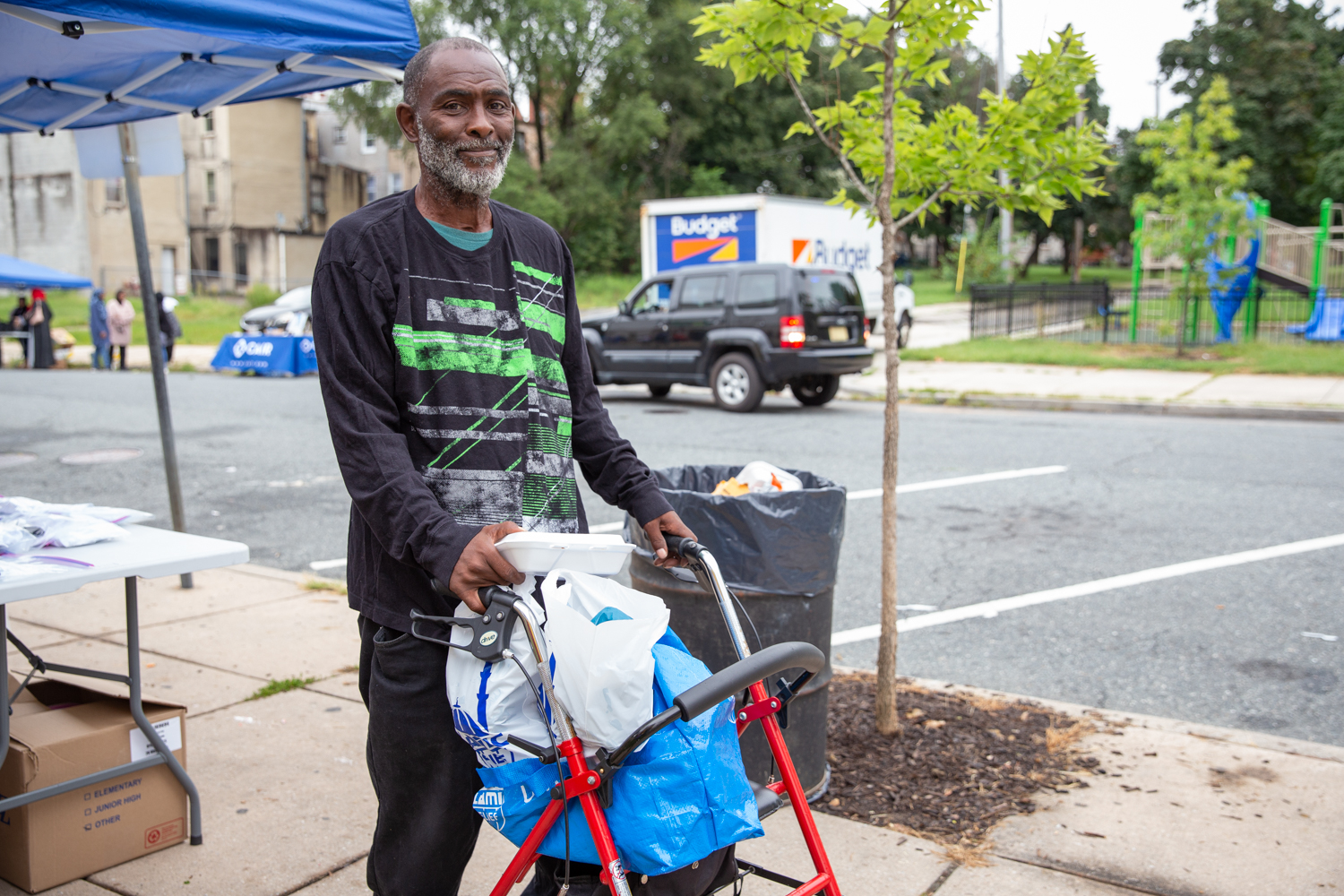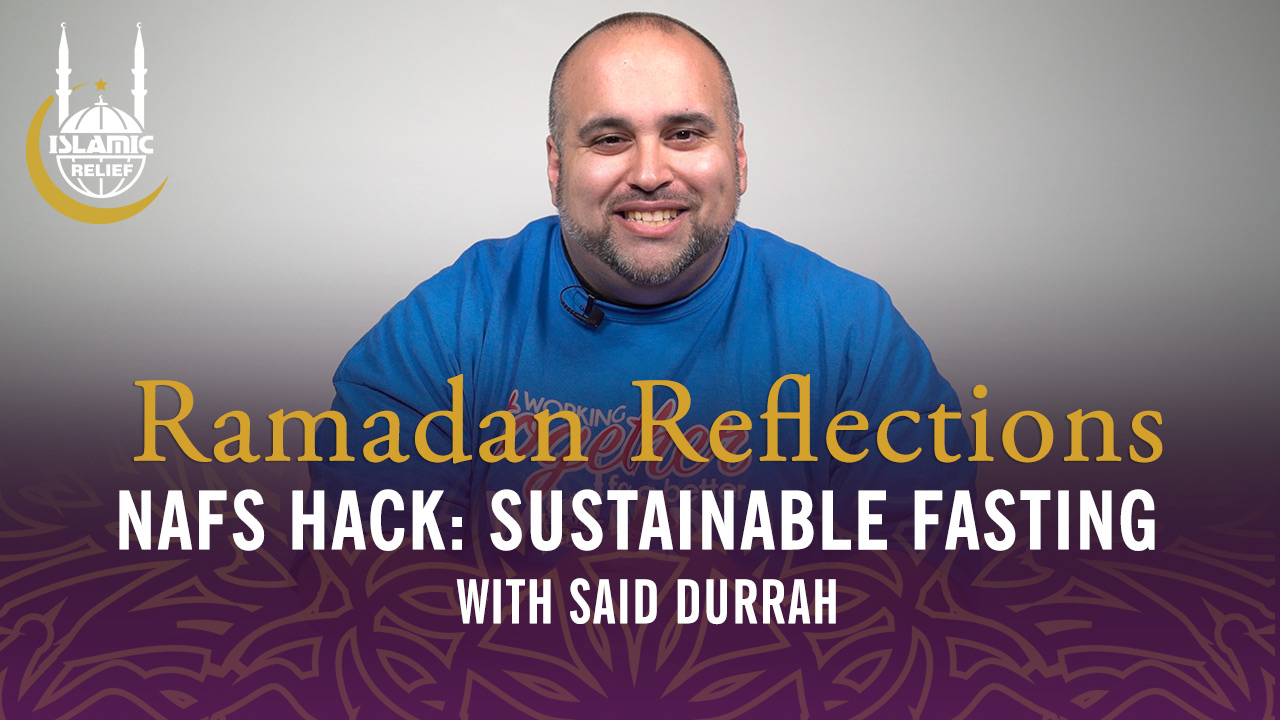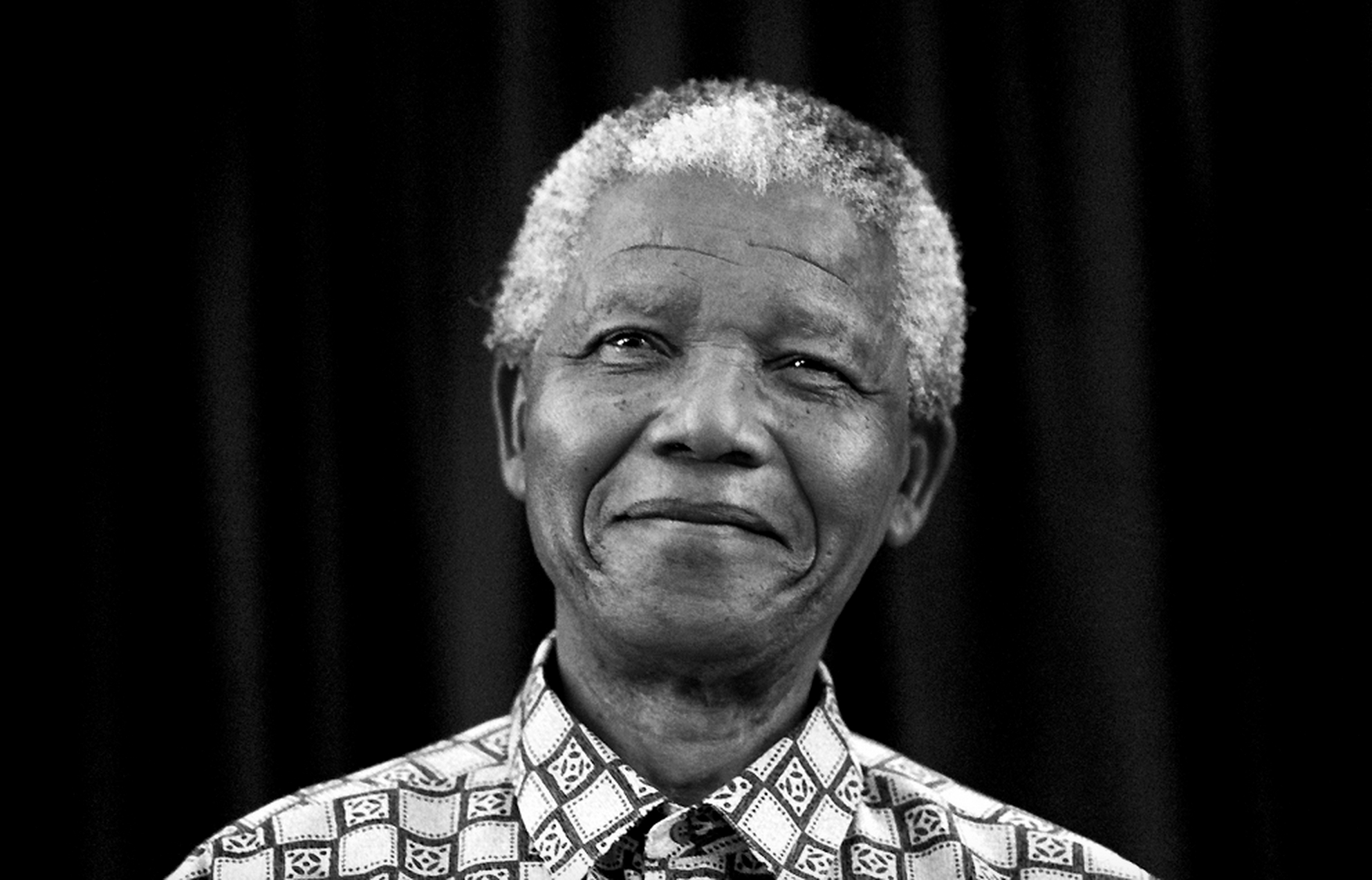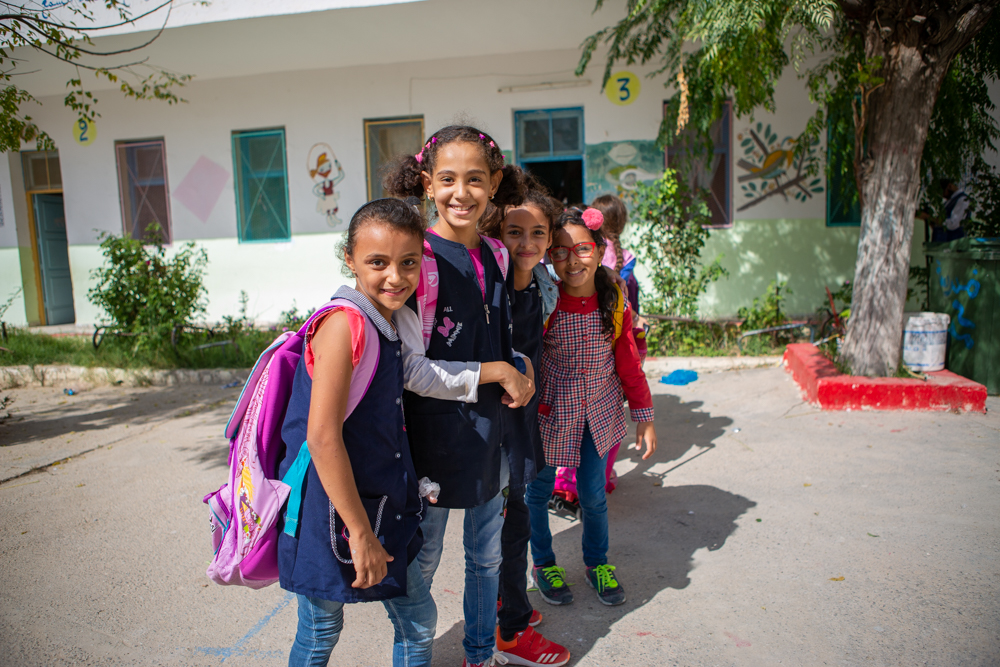-
Islamic Relief in Asia – Our Commitment to Providing Relief to those in Need for Almost 30 Years
By Yusuf Azimi Since 1993, Islamic Relief has been working in Asia, committed to providing emergency relief and integrated programming to those in need. During this time, the region has experienced numerous floodings, landslides, droughts, earthquakes and recurrent disease outbreaks, as well as conflict and economic related disasters. Throughout that time, we’ve established a base in several countries throughout Asia, including Afghanistan, Bangladesh, Indonesia, Myanmar, Nepal, Pakistan, Philippines, and Sri Lanka. Building teams on the ground capable of providing effective and efficient support rapidly, whenever a crisis arises. As we look towards our 30th year of working in Asia, we recognize that although considerable progress has been made, there are…
-
The One Journey Festival: A Refugee Advocate’s Dream Event
By Aseel Elborno On June 25, 2022, Islamic Relief USA sponsored and participated in the One Journey Festival for their third annual celebration of refugees. The day was filled with music, dance, storytelling, food, arts & crafts, technology, and more. One Journey was founded in 2017 by Wendy Chan and Vanda Berninger, two American immigrants who wanted to share their positive, welcoming experiences as newcomers with others. Today, the One Journey Festival is an annual event that attracts greater visibility and larger crowds each year. The entire event is organized and run by volunteers and supported by NGOs, multicultural communities, faith communities, government and academia work. IRUSA advocates and volunteers…
-
‘Finding a Way’: IRUSA Team Reports From Nepal
When the Islamic Relief USA team landed in Kathmandu, Nepal, four days after the earthquake in April, they were surprised to see that only one out of 10 or 20 houses showed signs of damage. Then they got into a car to drive closer to the epicenter. As the winding roads became steeper and more treacherous, the rubble piled higher on each side. There, they found deep gashes in the Earth, and entire villages flattened. “The saddest thing is that those affected the worst are usually the poorest people,” said IRUSA’s Ridwan Adhami. “They don’t have much to lose, and they still lost it all.” What they didn’t lose was…







